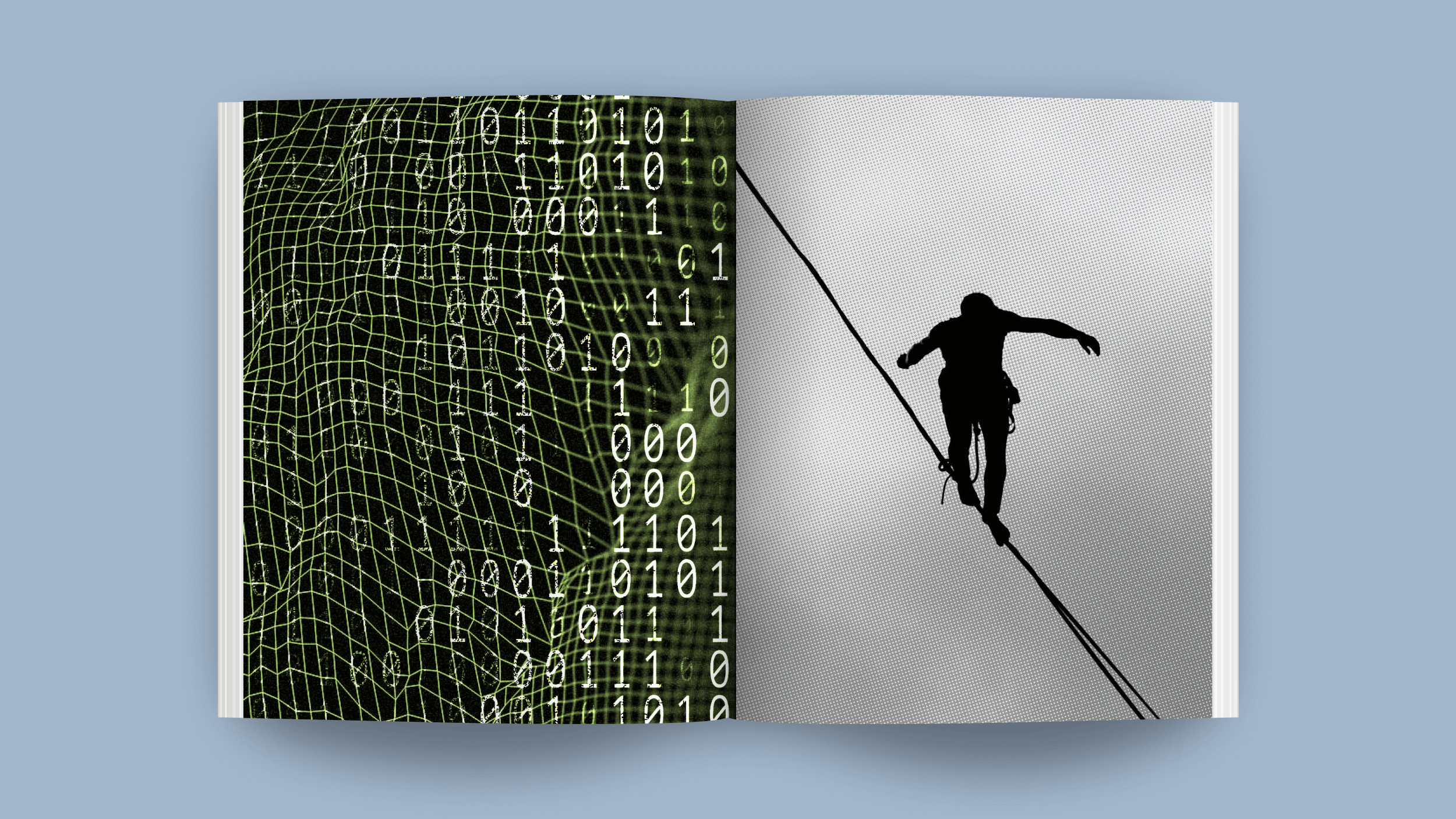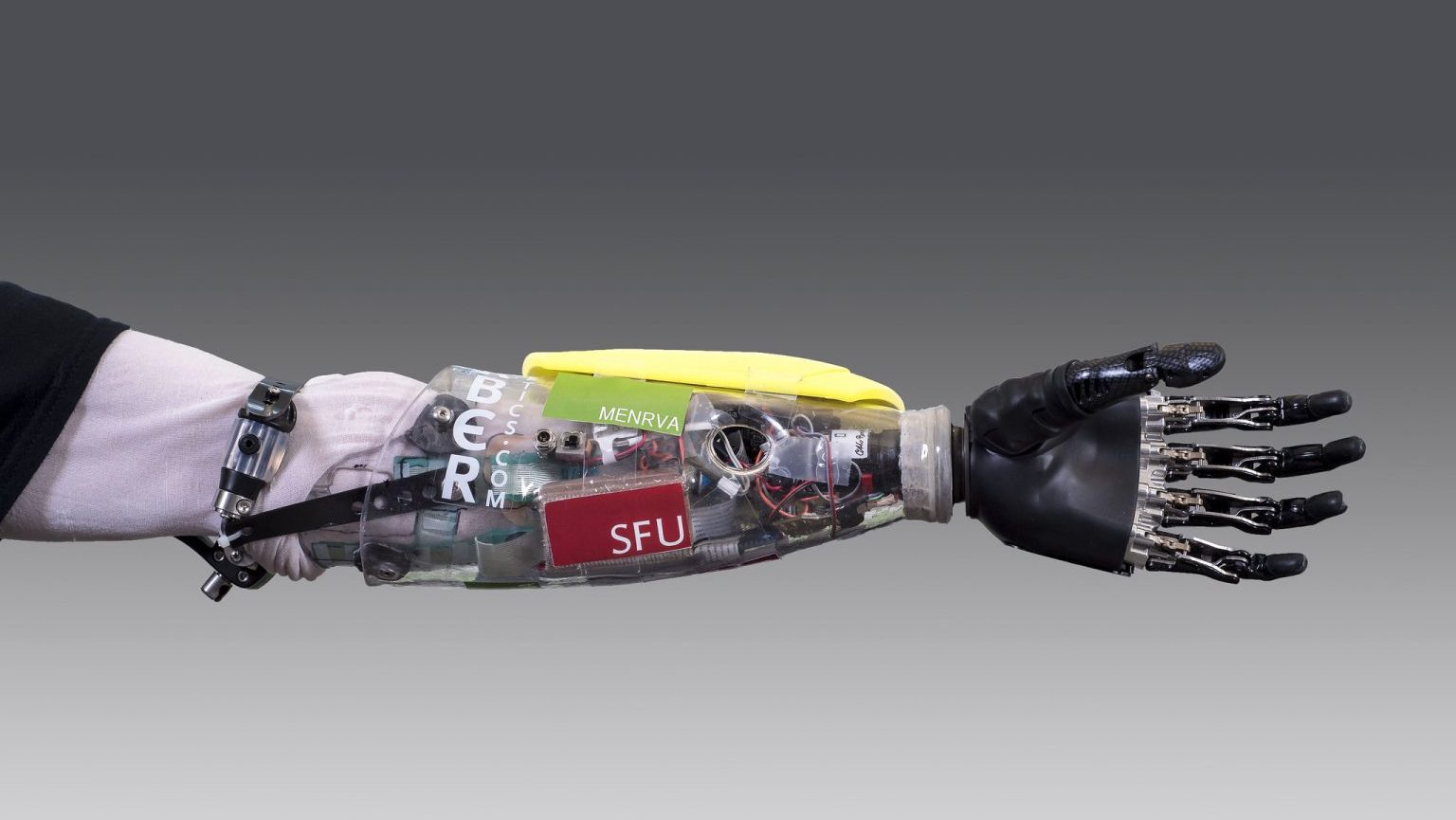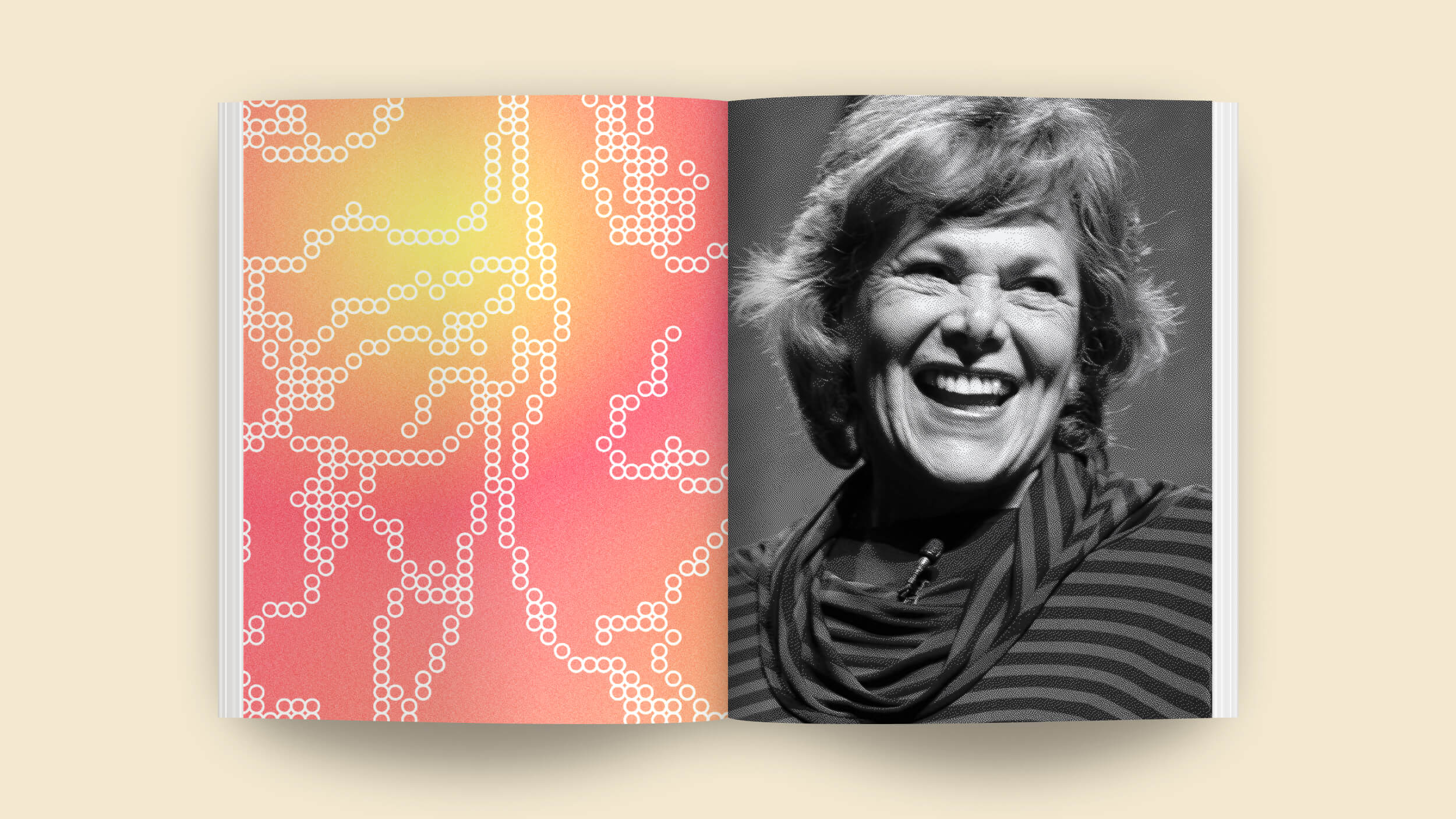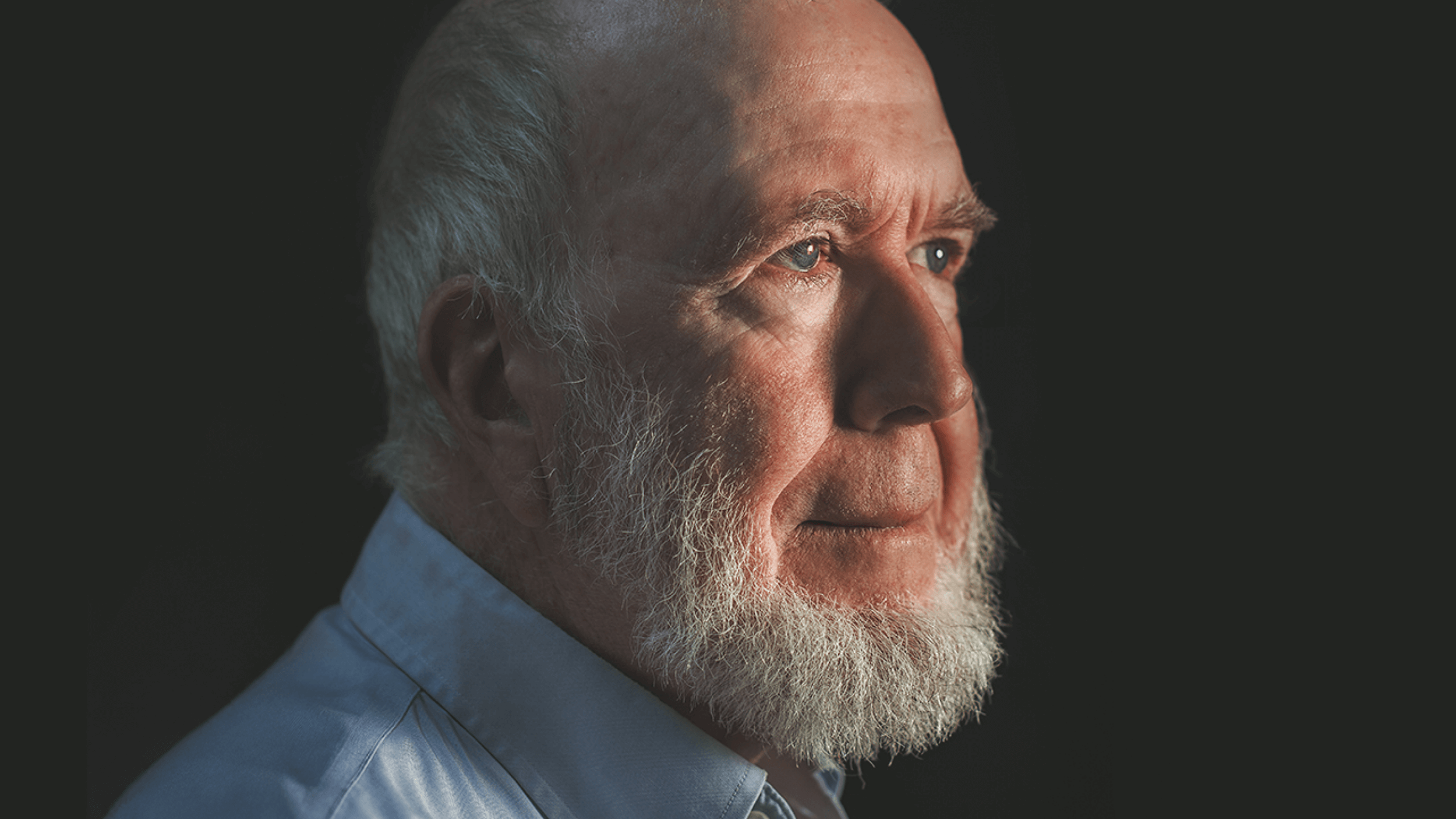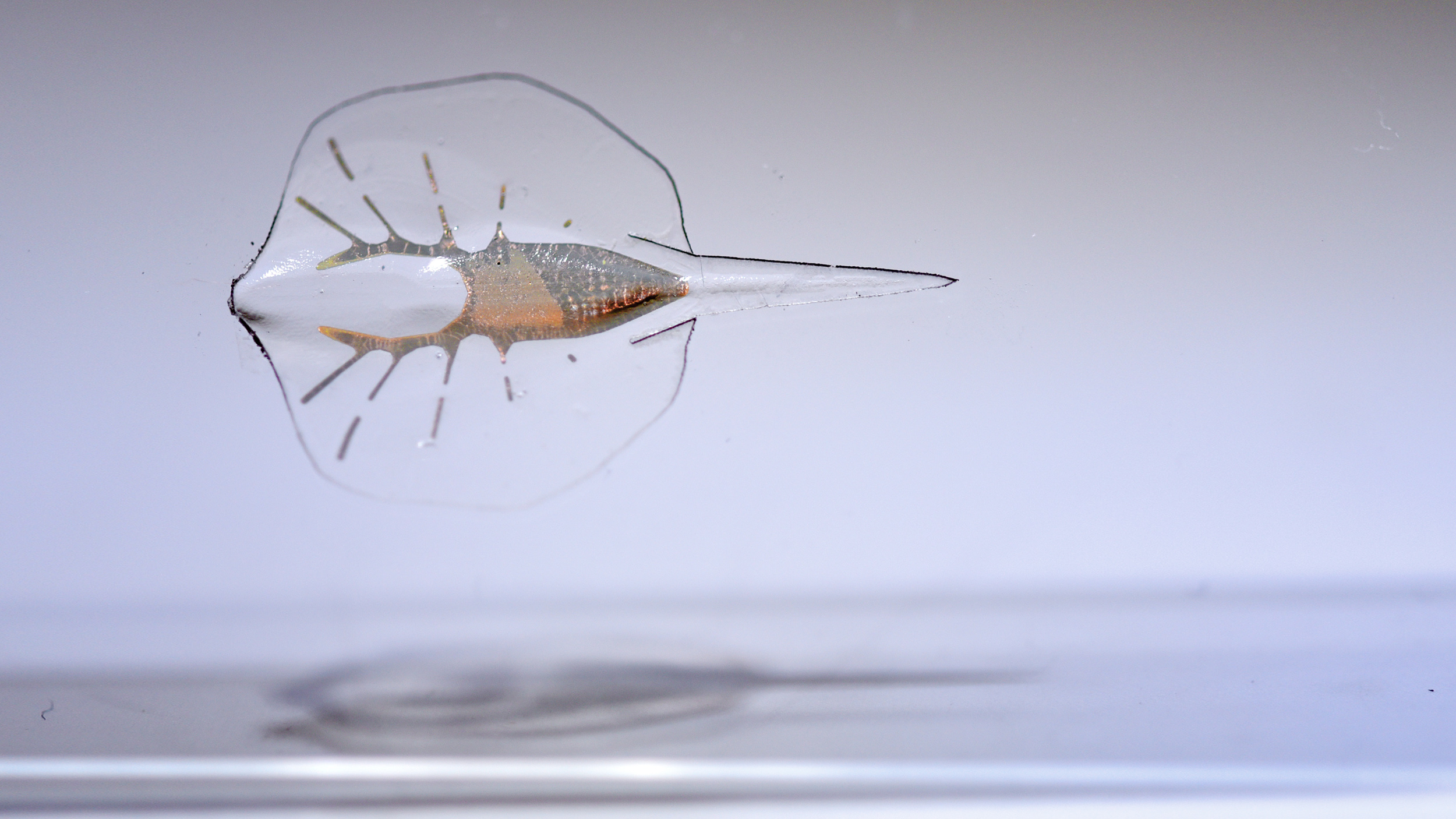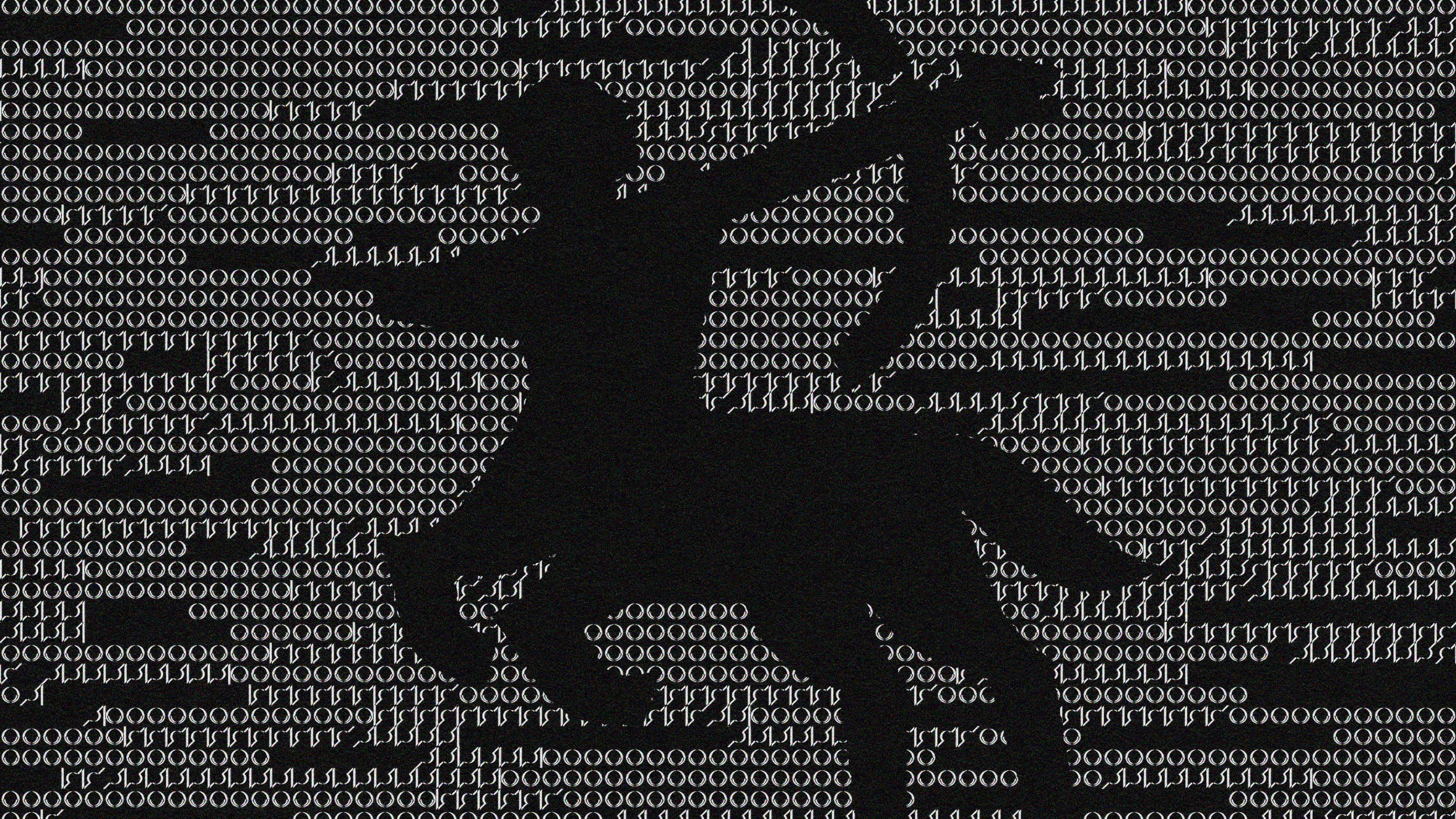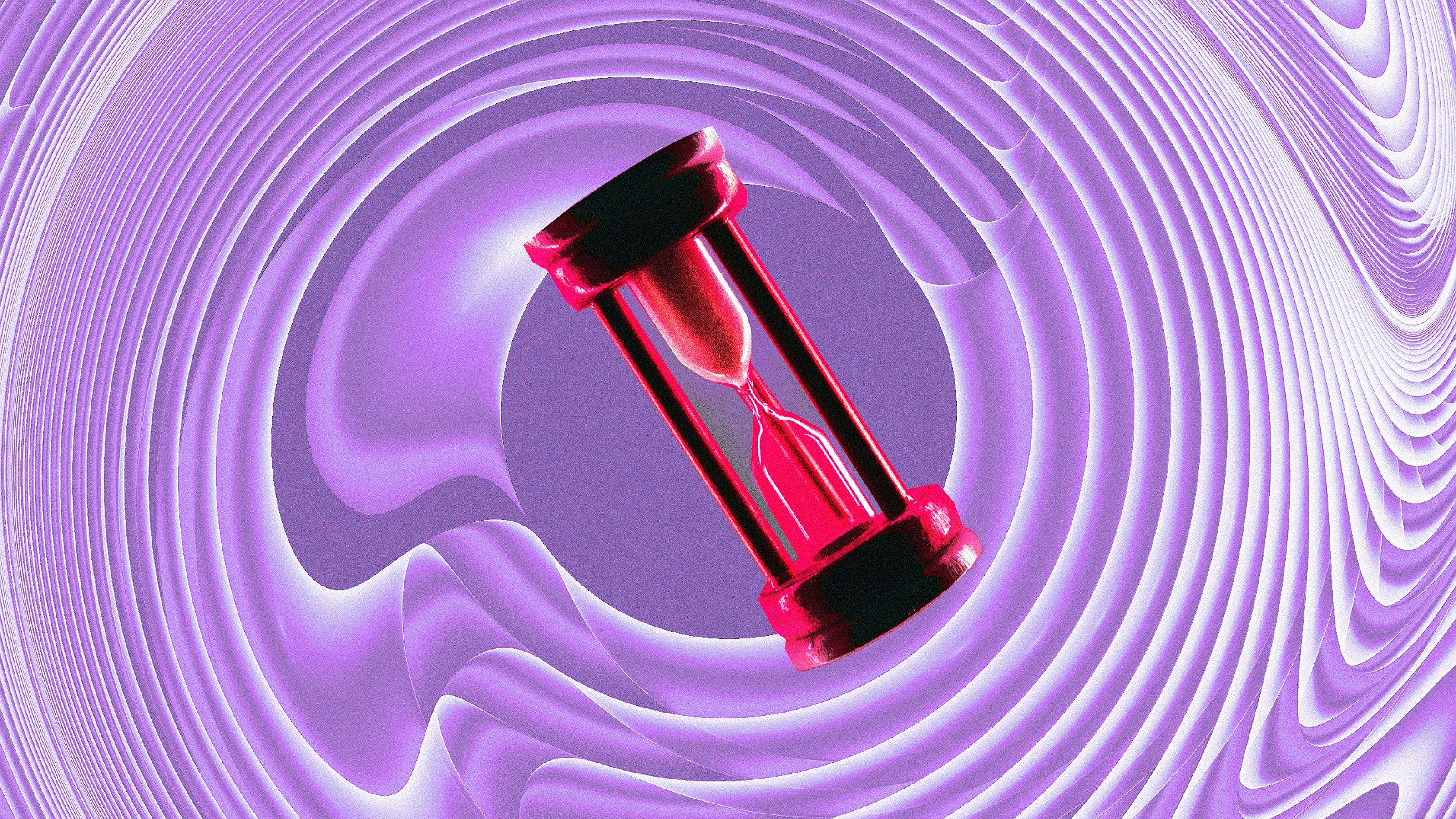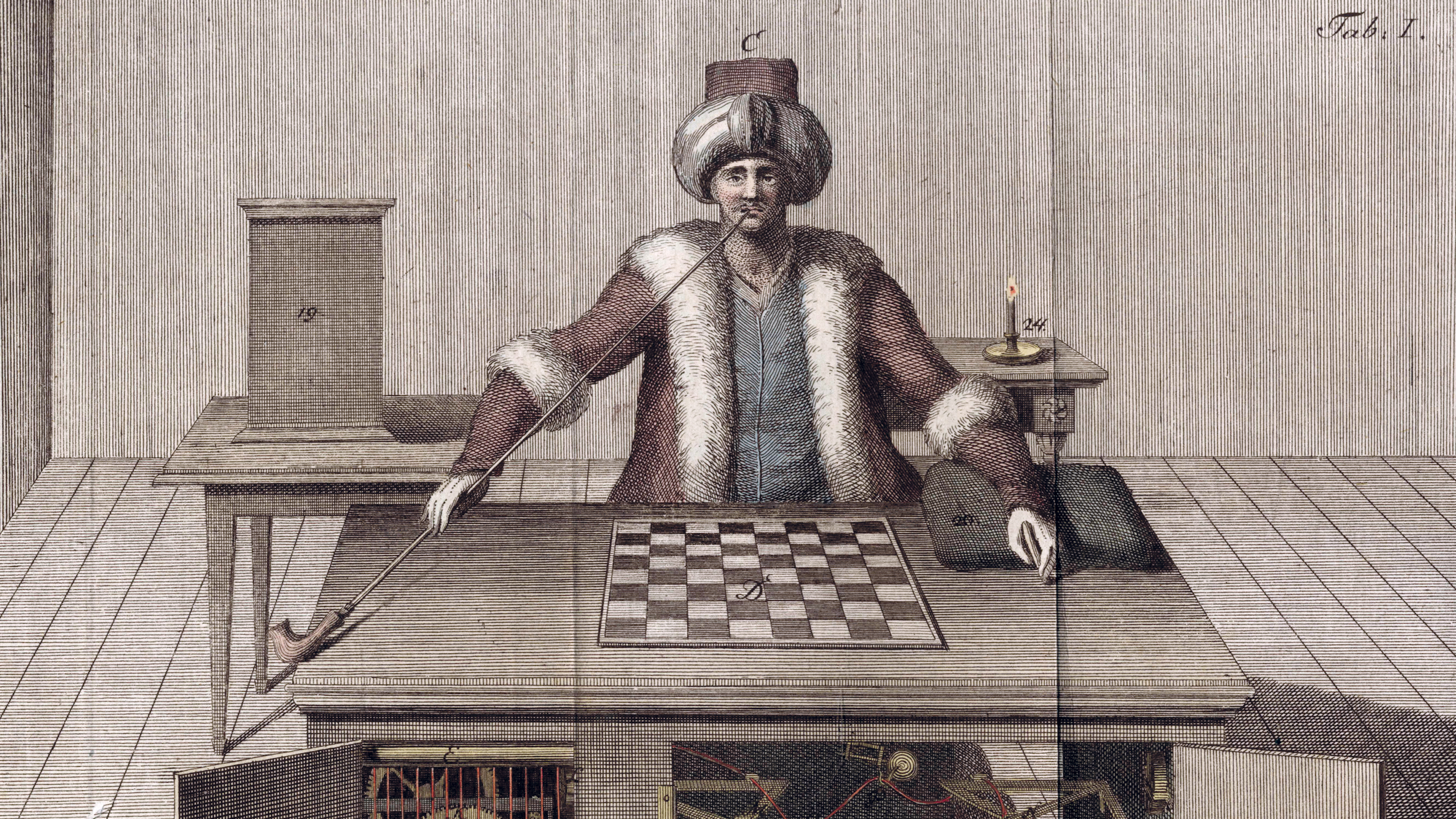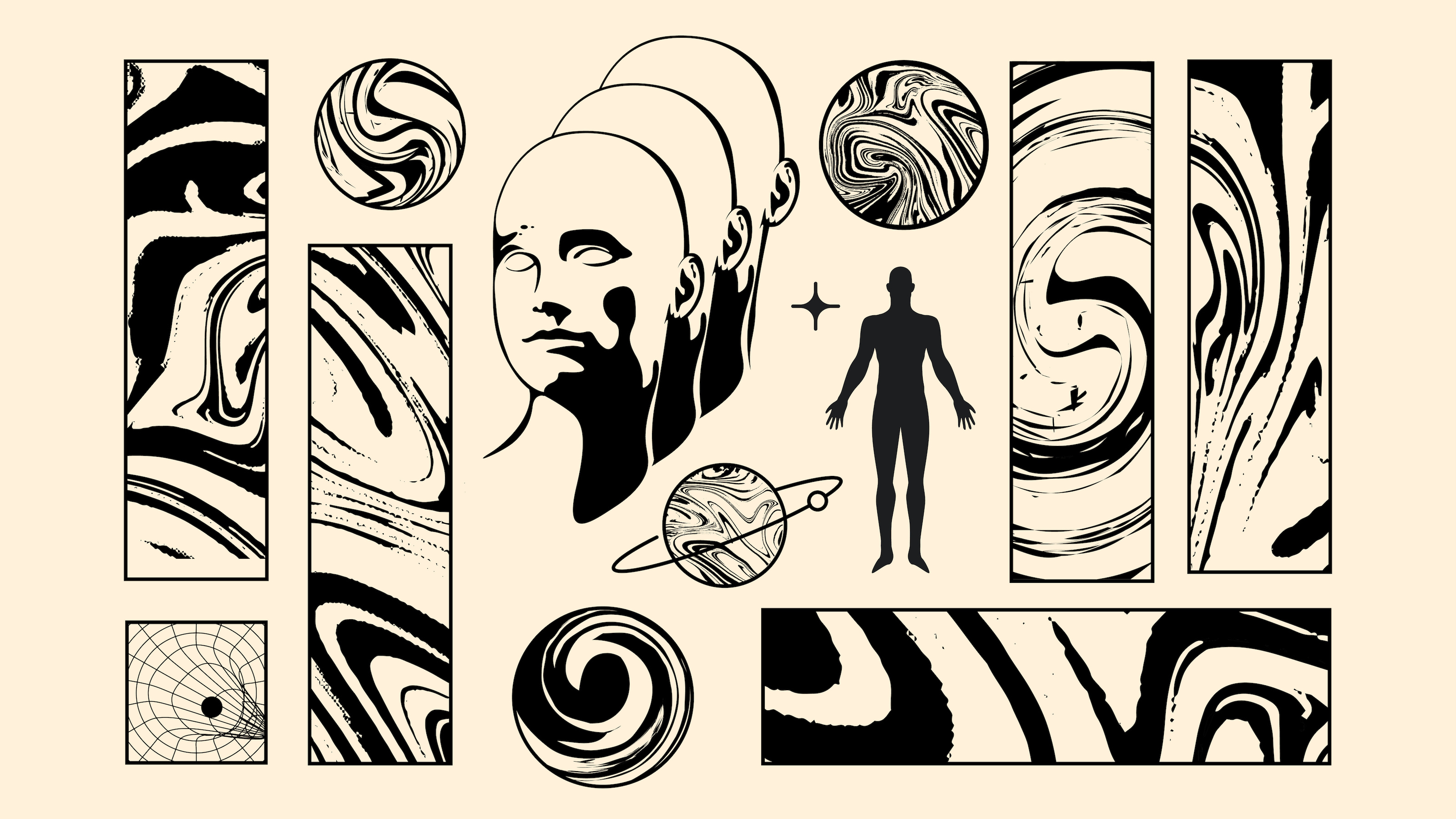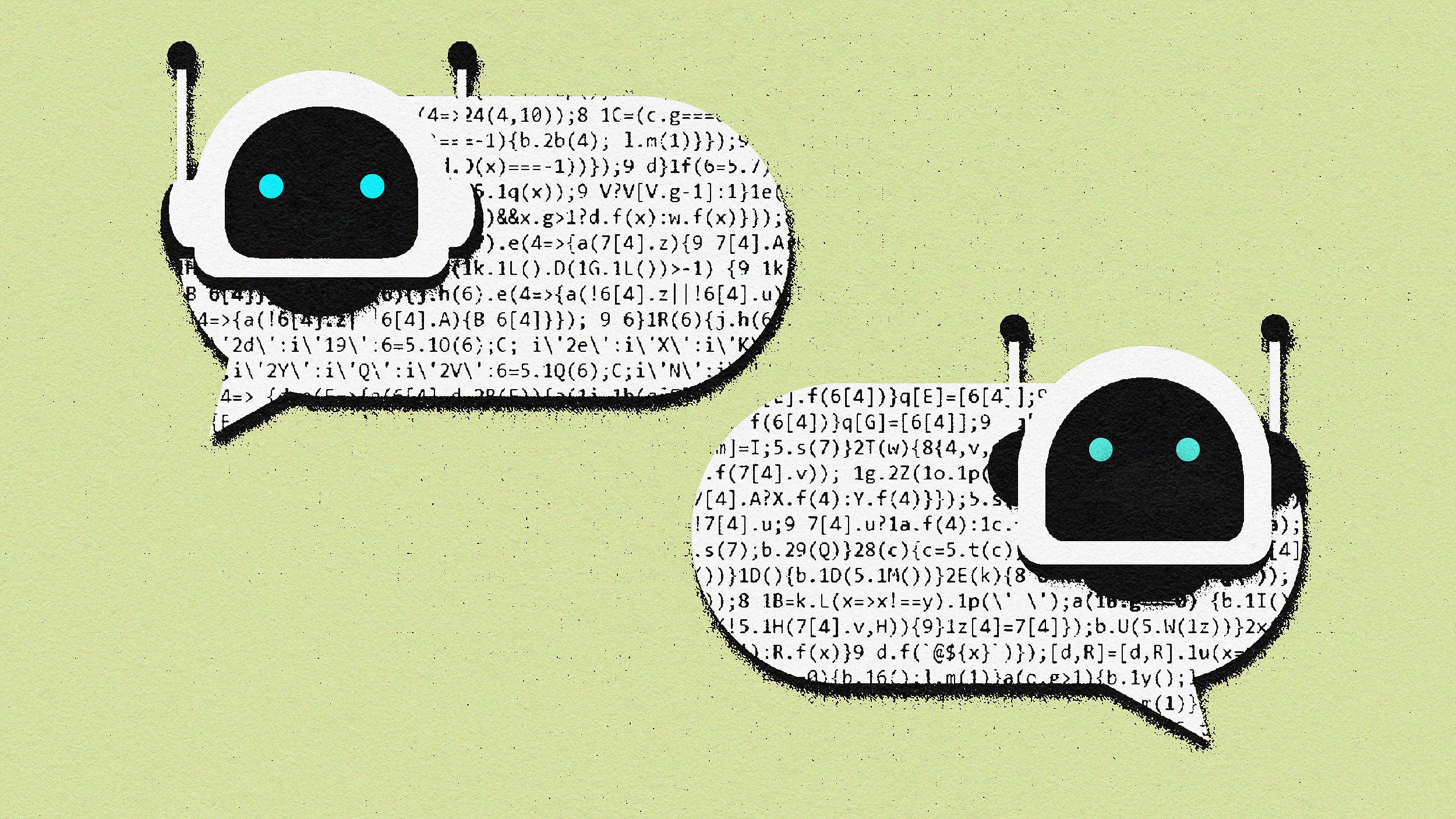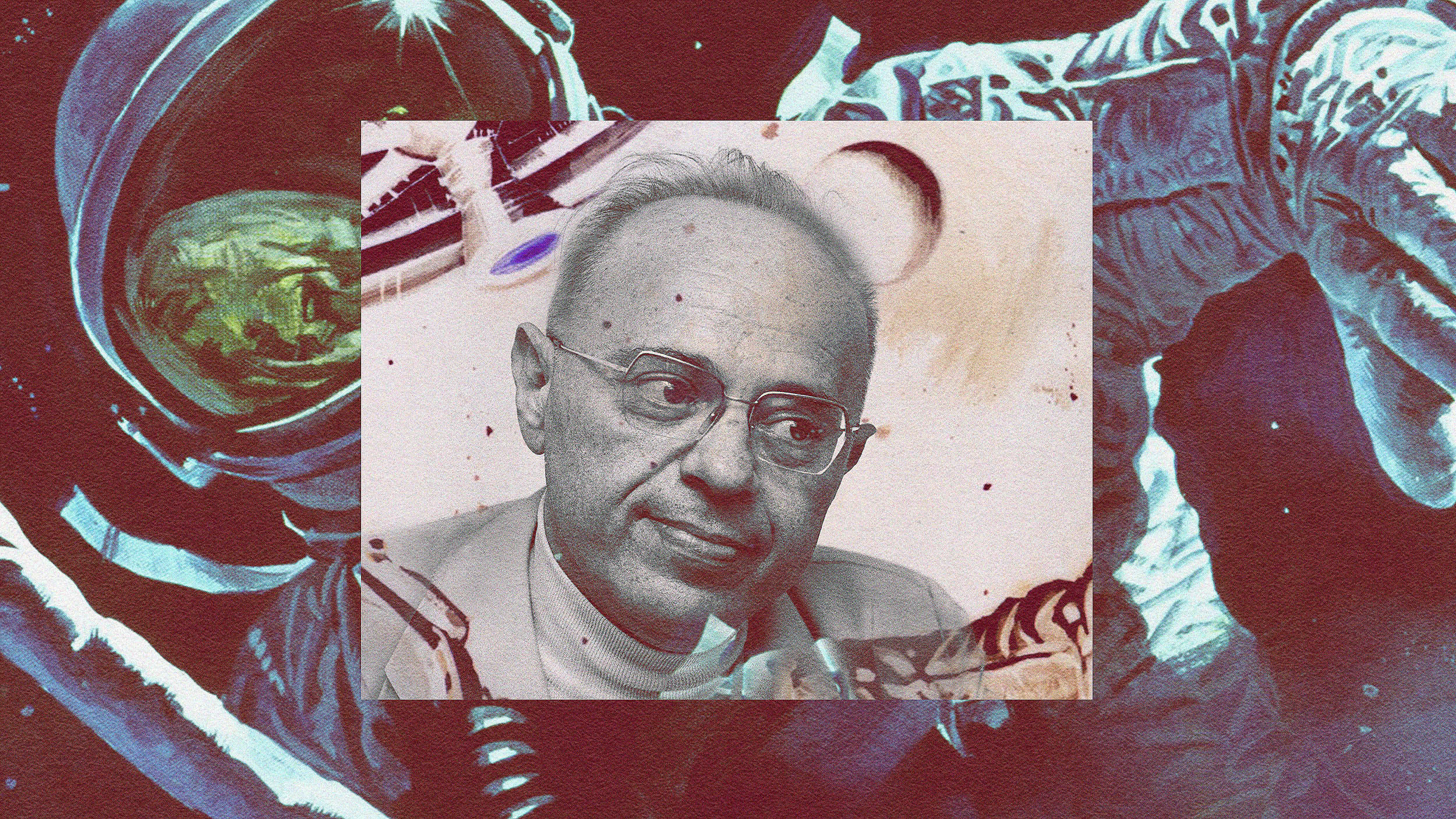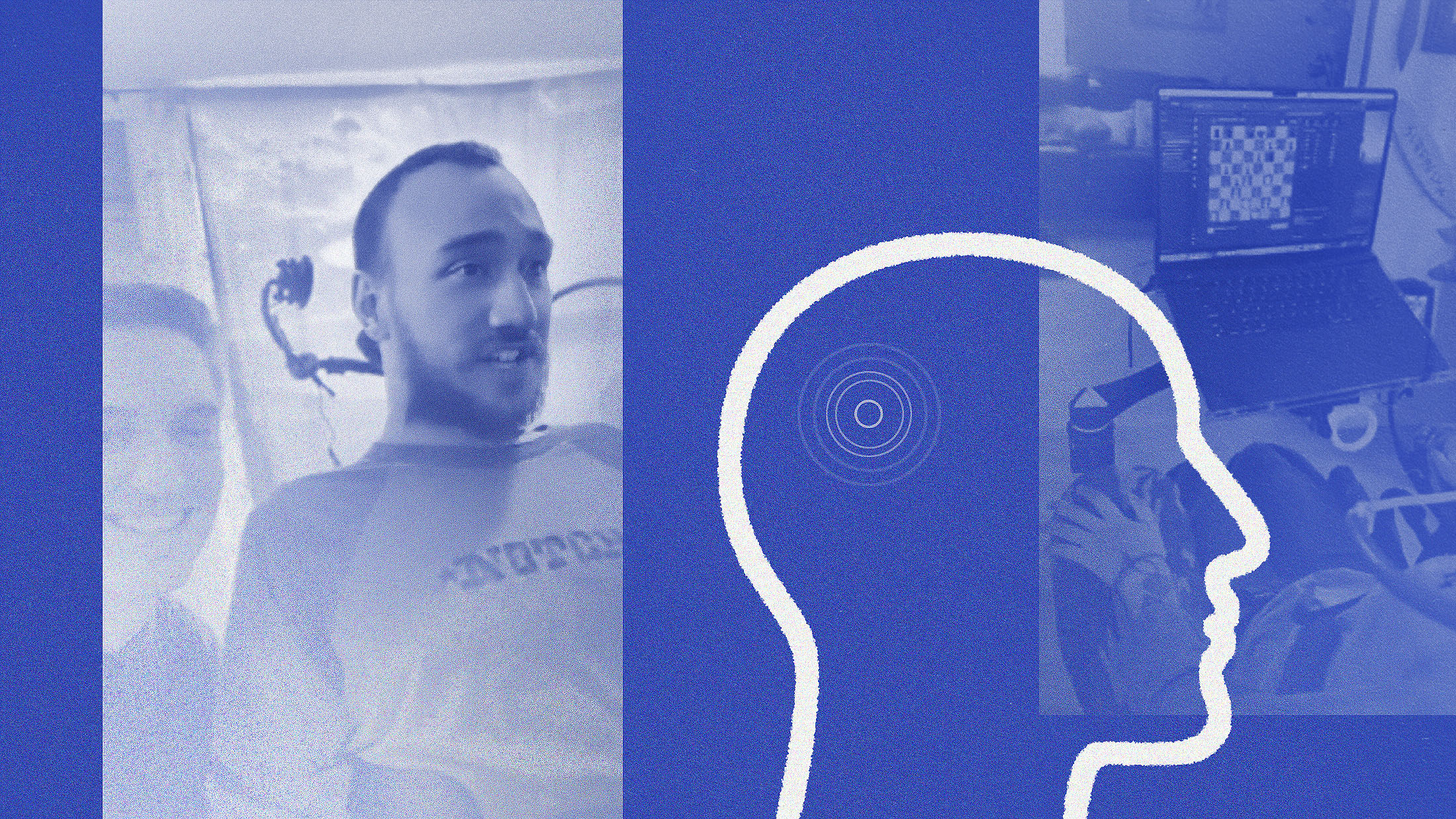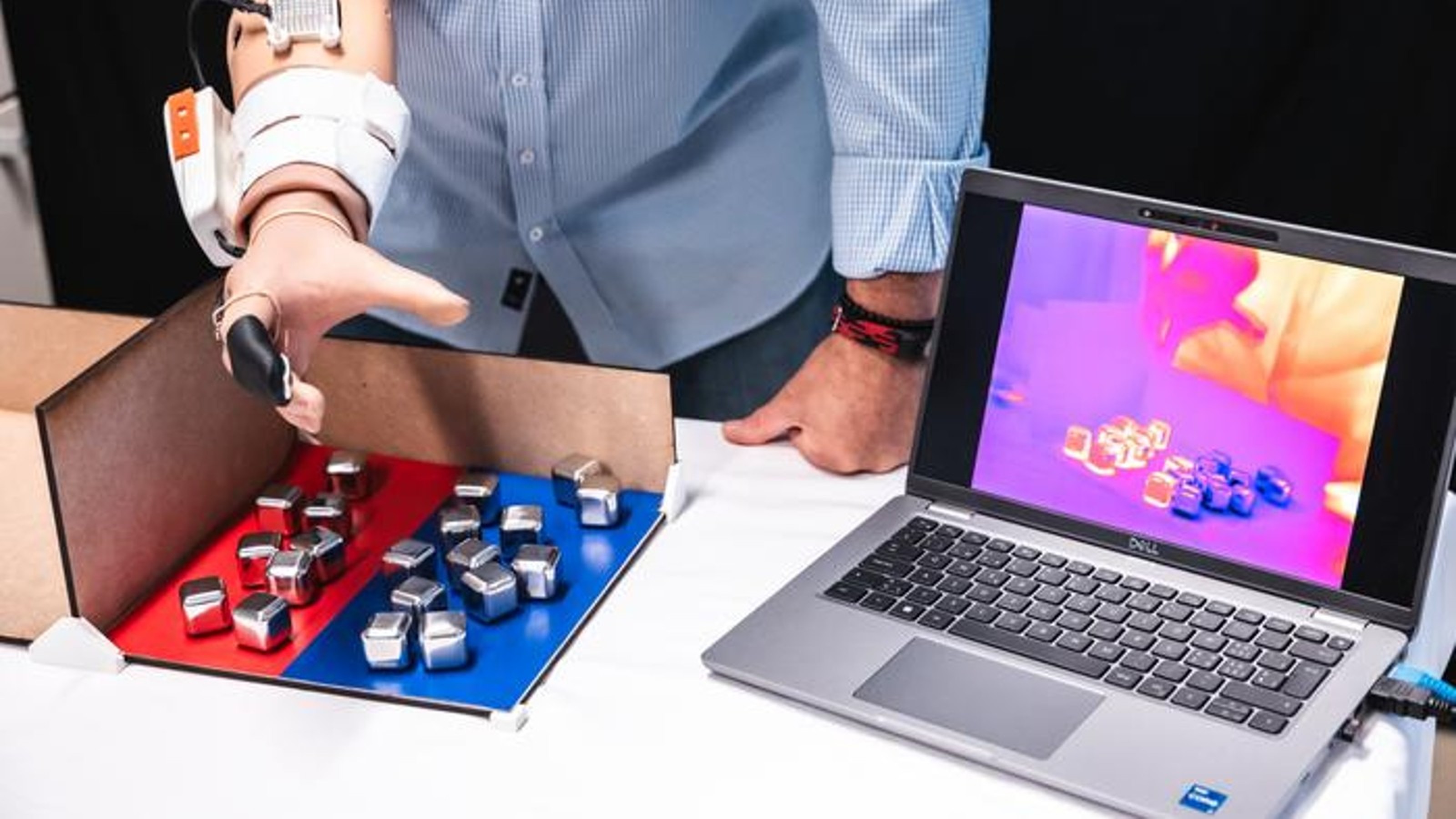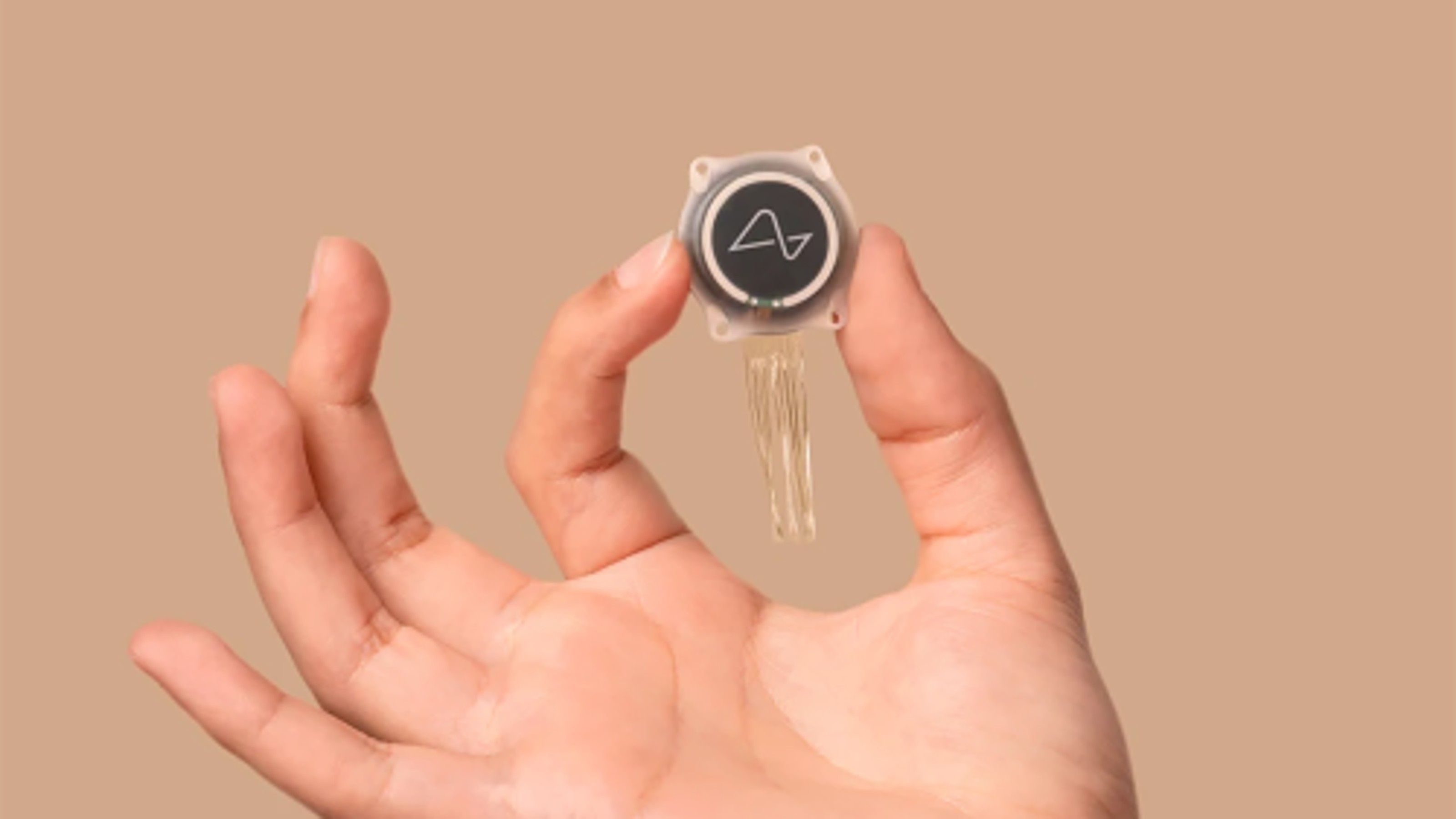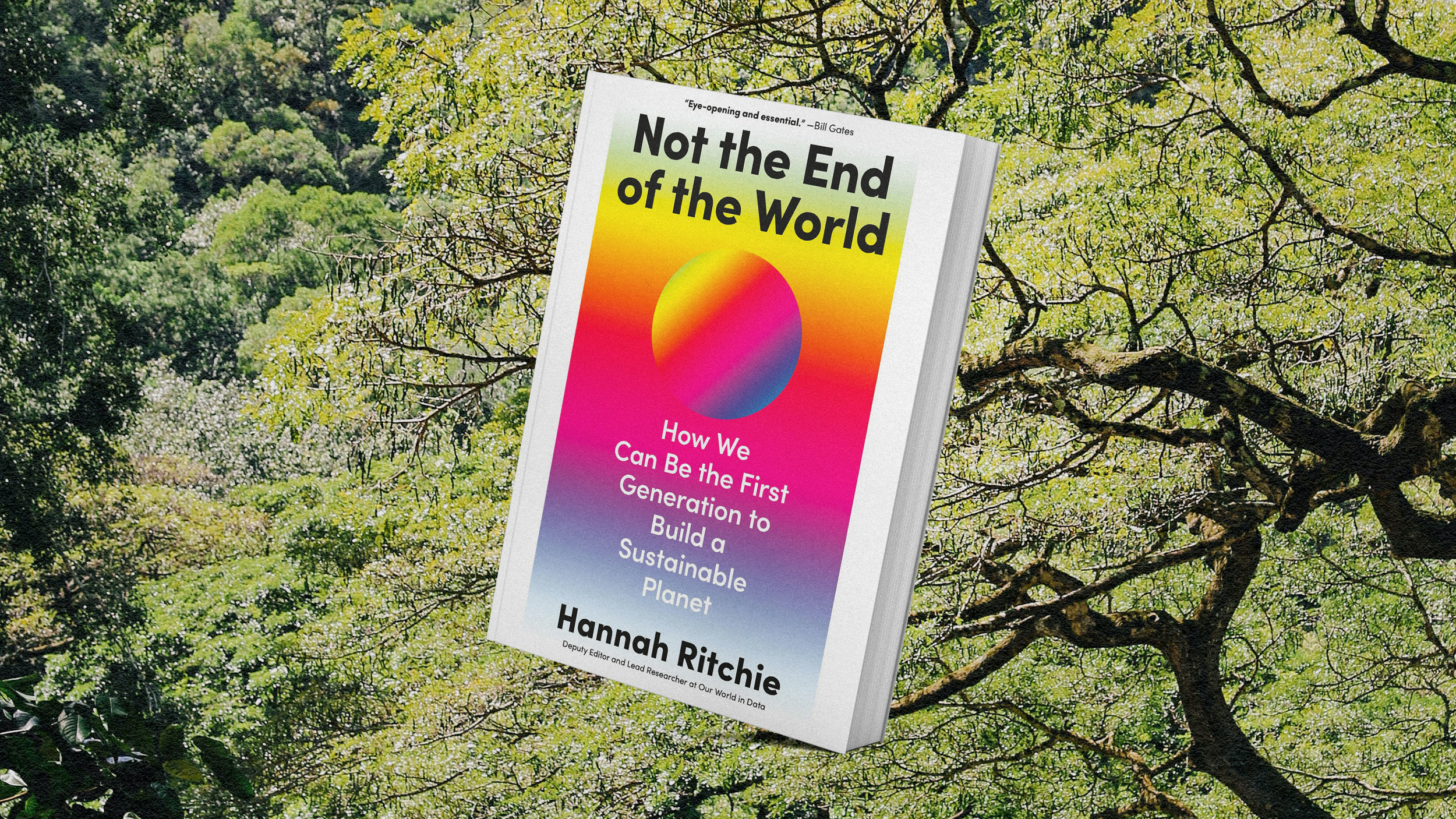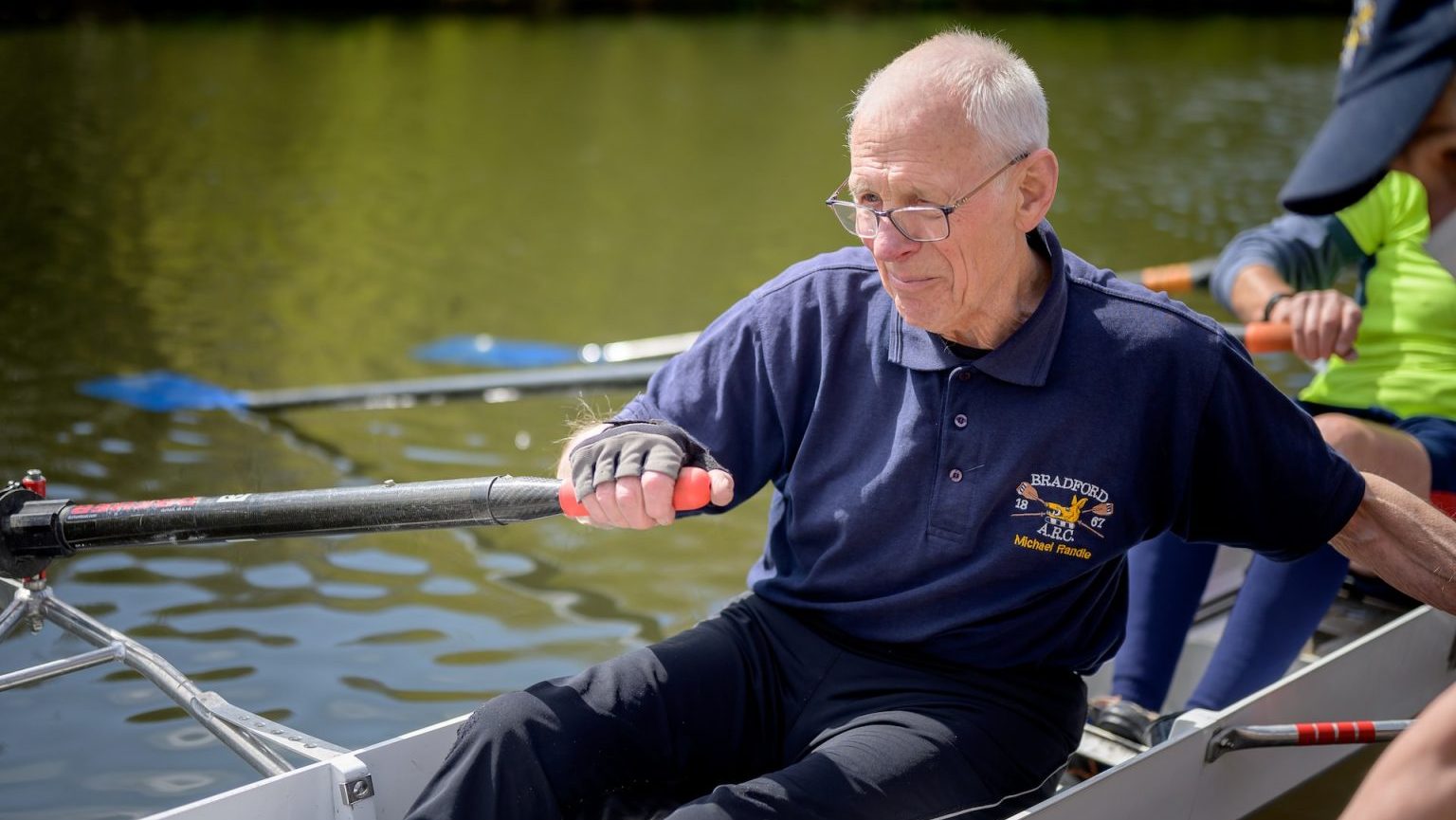Humans of the Future
It’s been 65 years since Richard Feynman saw “plenty of room” in the nano-world. Are we finally getting down there?
By looking back at future dreams we can see our current hopes and visions in a whole new light.
Oxford professor of ethics, John Tasioulas, thinks we should consider the loss of opportunity for “striving and succeeding” that AI is likely to bring.
In the international competition, people with physical disabilities put state-of-the-art devices to the test as they race to complete the tasks of everyday life.
Hang on to something — or ride the wave — because three big tech trends are about to converge.
Rather than allowing technology to exacerbate stress and disconnection, we can use it to actively support our wellbeing.
The co-founder of Wired magazine shares his insights on how a long-term mindset can shape a brighter, more innovative future.
Mike Bechtel, chief futurist with Deloitte Consulting LLP, joins Big Think for a wide-ranging look at what’s next — and why.
As creatures and machines meld together in increasingly advanced forms, ethicists are starting to take note.
Evidence shows that “centaurs” — human–AI teaming — produce better performance than either people or software can achieve alone.
Kurzweil predicts that AI will combine with biotechnology to defeat degenerative diseases this decade. Then things will get really interesting.
Our “embodied minds” suggest an eventual escape from mortality via computer is unlikely.
The future belongs to complexity.
The acceptance of death is deeply embedded in our culture; it’s time to overthrow that idea.
Tech entrepreneur Alvin Wang Graylin sketches out a bold new age of AI-led enlightenment underscored by compassion.
Six visionary science fiction authors on the social impact of their work.
Implanting machine components into human bodies, argues one scholar, could make for a better society.
Step back from the AI maelstrom and explore Lem’s “Summa Technologiae” for a detached look at technology’s role in human evolution.
On the morning of April 20, 1961, all conditions were “go” for an attempt at free flight. A man was on standby with a fire extinguisher. Just in case.
If you guessed “staying up all night to play video games,” you’d be right.
Its creators hope the technology will help people meaningfully connect with the external world.
Do grim sci-fi scenarios crush our hopes for real-world growth? Author Michael Harris looks elsewhere to unblock the road to a better future.
Whenever someone waxes poetic about terraforming alien worlds, it’s worth taking a moment to consider the ethical implications of the proposal.
The brain-computer interface will be tested in a six-year trial in patients with quadriplegia.
Smaller family networks, more great-grandparents, and fewer cousins.
Environmental progress is happening quickly but we must keep pushing for change.
Without even realizing it, we’ve actually become pretty god-like in our powers.
In December 2022, a company called BioAge Labs published findings on a drug that worked to prevent muscular atrophy, or the loss of muscle strength and mass, in older people.
A new study provides the first proof-of-principle that genetic material transferred from one species to another can increase both longevity and healthspan in the recipient animal.


